Babies born to mothers with coronavirus will 'unlikely' catch the infection but may have immunity against it
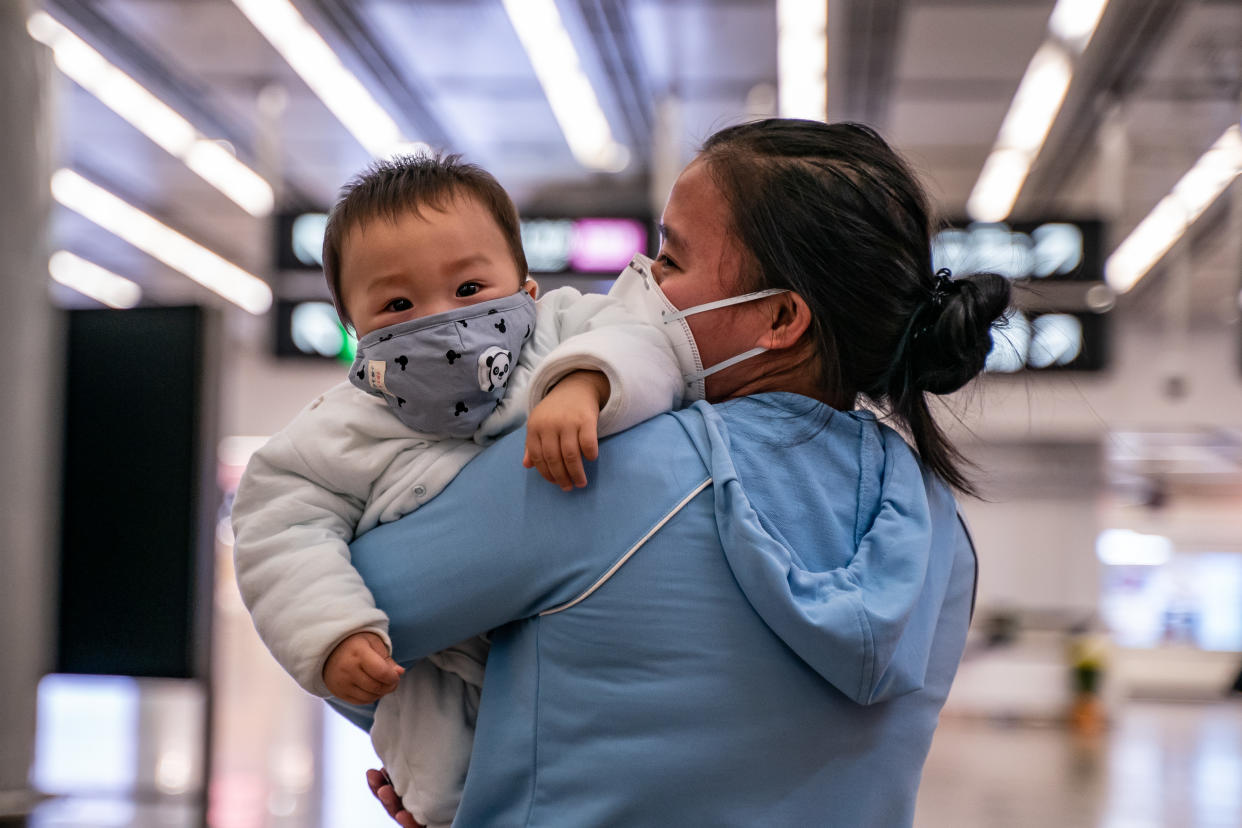
Babies born to mothers with the coronavirus will “unlikely” catch the infection but may have some immunity against it, research suggests.
Newborns have tested positive for the virus, however, they are not thought to have become infected in the womb, with one expert wondering if they picked it up from their “mother’s fingers”.
To learn more, scientists from Zhongnan Hospital in Wuhan, China, looked at six pregnant women who tested positive for the coronavirus.
The women gave birth via C-section, with the newborns “isolated from their mothers immediately after delivery”.
All six babies tested negative for the coronavirus but had antibodies against it in their blood. Antibodies are immune-fighting proteins that can prevent an infection taking hold.
One expert stressed, however, there is no evidence the antibodies went on to protect the babies, with the cells that produce them not being picked up in tests.
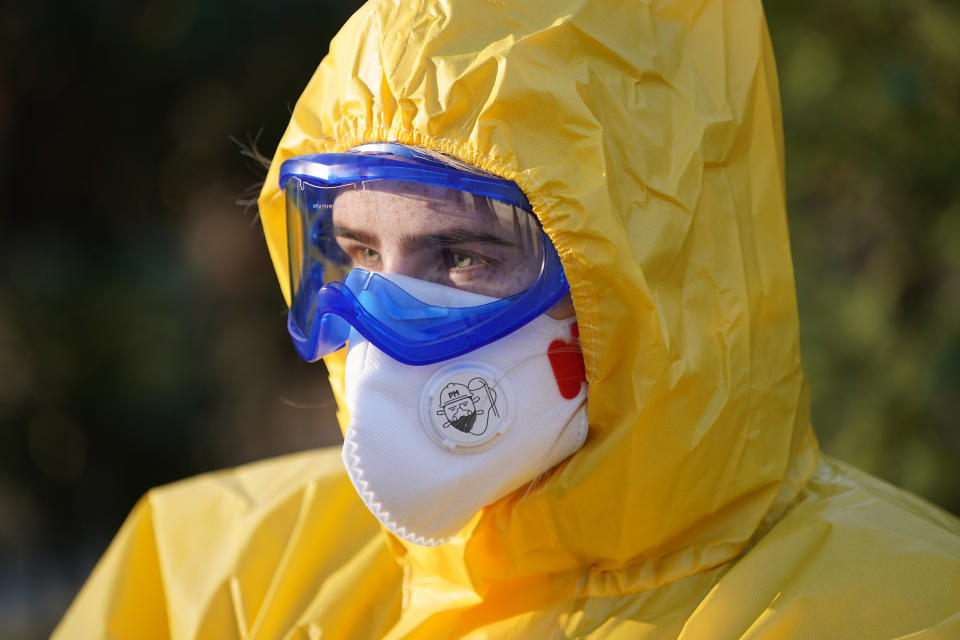
The coronavirus is thought to have emerged at a seafood and live animal market in the Chinese city Wuhan, capital of Hubei province, at the end of last year.
Since the outbreak was identified, over 542,400 cases have been confirmed across more than 170 countries on every inhabited continent, according to John Hopkins University.
More than 124,100 patients are reported to have “recovered”.
Latest coronavirus news, updates and advice
Live: Follow all the latest updates from the UK and around the world
Fact-checker: The number of COVID-19 cases in your local area
Explained: Symptoms, latest advice and how it compares to the flu
Cases have been plateauing in China since the end of February, with the US and Europe now considered the worst-hit areas.
The UK has had more than 11,800 confirmed cases and 578 deaths.
Globally, the death toll has exceeded 24,300.
Coronavirus: babies born to positive mothers had elevated antibodies in their blood
The six women gave birth at Zhongnan Hospital between 16 February and 6 March.
Blood samples and throat swabs from the newborns came back negative for the virus, however, all six infants had antibodies against it in their blood.
Antibodies are released by the immune system in response to an infection.
Once the infection has passed, “memory” antibodies circulate at low levels in the bloodstream, preventing the virus from taking hold for a second time.
Results of the Zhongnan Hospital research - published in the journal JAMA – show one of the antibodies, called IgG, was elevated in five of the babies.
This is thought to have been “passively transferred across the placenta from mother to foetus beginning at the end of the second trimester and reaches high levels at the time of birth”.
Another antibody, IgM, was found in higher concentrations in two of the babies.
This is “not usually transferred from mother to foetus because of its larger macromolecular structure”.
The scientists speculate the women’s placentas may have been damaged by the coronavirus, allowing the IgM antibody to cross through.
Two women recovering from fellow-coronavirus strain severe acute respiratory syndrome (Sars) had “abnormal” placentas in their third trimester.
Scientists from the Chinese Academy of Sciences in Wuhan previously analysed the viral DNA of five coronavirus patients. They found the new strain seems to share 79.5% of its genetics with Sars.
It is unclear if the six women had abnormal or damaged placentas.
An alternative theory is IgM antibodies may have been produced by the foetus if the coronavirus crossed the placenta.
The Zhongnan Hospital scientists stress their study is “limited by the small sample size” and “incomplete information”.
It is also unclear if the antibodies found may protect the babies from the coronavirus.
“This report tells us there is transfer of antibodies against the coronavirus in the womb during pregnancy”, said Dr Simon Clarke from the University of Reading.
“It does not tell us the presence of antibodies in the babies has protected them against infection.
“Even if the antibodies were protective, and there is no evidence of that, any immunity would dwindle because B-cells, which produce the antibodies, are not transferred.”
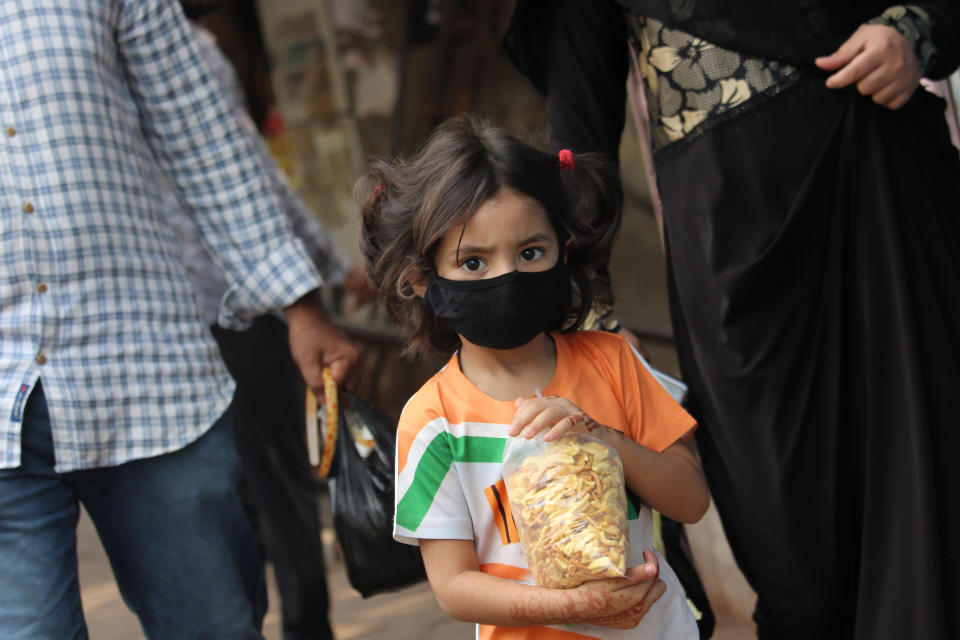
Coronavirus: can pregnant women pass the infection to their unborn child?
While no one can rule it out, it is thought to be highly unlikely the coronavirus spreads “intrauterine”.
Scientists from Fudan University in Shanghai looked at 33 pregnant women who were confirmed to be carrying the virus.
Three of the women gave birth to babies who “presented with early onset infection” around two days later.
“Given that all the infected babies were first shown to be positive at two days, I suspect they were infected after being brought into the world rather than in the womb”, said Professor Paul Hunter from the University of East Anglia.
“This does not change the current consensus that transmission in the womb is unlikely”.
Tests of the women’s amniotic fluid, umbilical-cord blood and breast milk all came back clear.
“It seems more likely the three infants were infected very soon after delivery, possibly from the mother’s fingers”, said Professor Andrew Whitelaw from the University of Bristol.
The circulating coronavirus is one of seven strains of a class of viruses that are known to infect humans.
Others include the common cold, Sars and Middle East respiratory syndrome (Mers), which killed 858 people during its 2012 outbreak.
“Transmission from mother to baby of coronavirus has not previously been observed,” said Professor Andrew Shennan from King’s College London.
“Studies have shown coronavirus has not passed to amniotic fluid, foetal cord blood, placentas or the genital tract of infected mothers.”
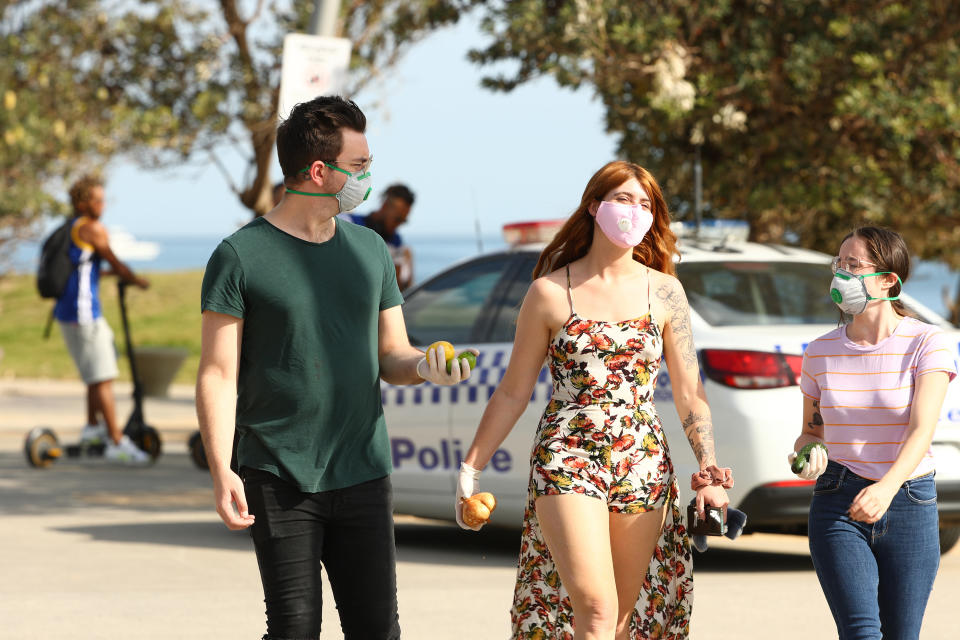
Coronavirus: what is the advice for pregnant women?
Pregnant women have been urged to be particularly careful not to catch the coronavirus, however, this may be a case of being on the safe side.
The prime minister has enforced draconian measures that require Britons to stay indoors as much as possible, previously saying it is “particularly important for people over 70, pregnant women and those with some health conditions”.
“Infections and pregnancy are not a good combination in general and that is why we have taken the very precautionary measure while we try and find out more,” said Professor Chris Whitty, the UK’s chief medical adviser.
Nevertheless, pregnant women did not make up the 1.5 million vulnerable Britons who have been told to stay in their home for three months. These include severe asthmatics and blood-cancer patients.
According to the Royal College of Obstetricians and Gynaecologists (RCOG) “pregnant women do not appear to be more likely to be severely unwell than other healthy adults if they develop the coronavirus”.
Virtually unheard of just three months ago, experts are learning more about the virus every day.
“What we do know is that pregnancy in a small proportion of women can alter how your body handles severe viral infections,” according to the RCOG.
“What has driven the decisions made by officials to place pregnant women in the vulnerable category is caution.”
The Royal College of Midwives has urged expectant mothers to attend scheduled hospital appointments, calling them “essential to ensure the wellbeing of pregnant women and their babies”.
For those showing symptoms and in isolation, the RCOG recommends letting your midwife or antenatal clinic know in advance so they can make arrangements.
Some women not showing symptoms report being asked to attend these appointments alone.
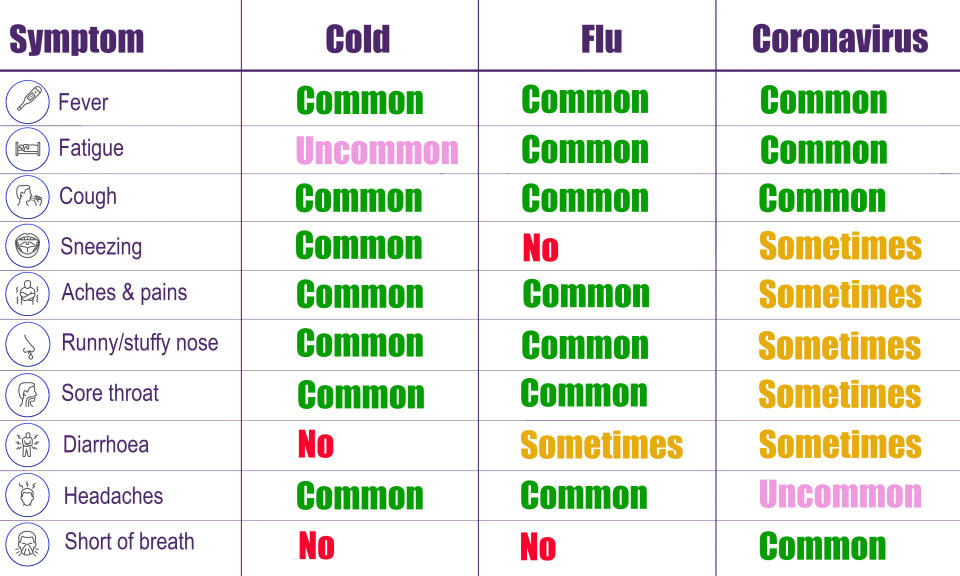
What is the coronavirus?
The coronavirus mainly spreads face-to-face via infected droplets coughed or sneezed out by a patient.
There is also evidence it can be transmitted in faeces and urine and survive on surfaces.
Symptoms tend to be flu-like, including fever, cough and slight breathlessness.
Early research suggests four out of five cases are mild.
Pneumonia can come about if the infection spreads to the air sacs in the lungs, causing them to become inflamed and filled with fluid or pus.
The lungs then struggle to draw in air, resulting in reduced oxygen in the bloodstream and a build-up of carbon dioxide.
The coronavirus has no “set” treatment, with most patients naturally fighting off the infection.
Those requiring hospitalisation are offered “supportive care”, like ventilation, while their immune system gets to work.
Officials urge people ward off the infection by washing their hands regularly and maintaining social distancing.




